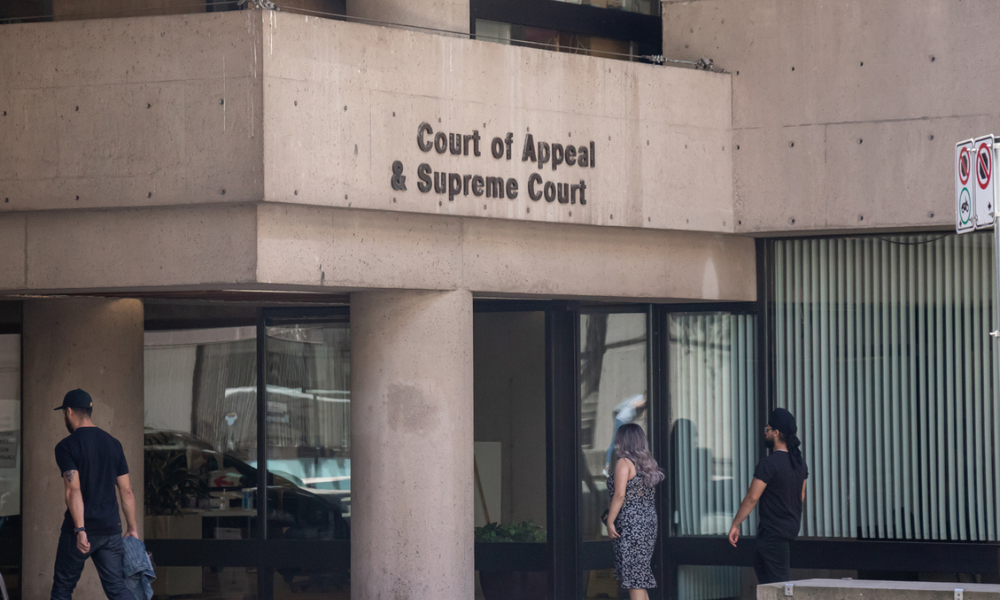
Plaintiffs' notice of civil claim met the necessary precondition for registering the CPLs

The BC Supreme Court dismissed an application to cancel five certificates of pending litigation (CPLs) against two properties, ruling that the plaintiffs’ amended notice of civil claim (NOCC) sufficiently pleaded a claim to an interest in the properties.
In Oikon Developments Inc. v Chris & Mando Ltd., 2024 BCSC 1333, the plaintiffs claimed an interest in two properties, arguing they had entered into oral joint venture agreements with the defendants to improve and manage them. The properties include a single lot in Vancouver with three rental properties and four lots in Burnaby containing retail and office buildings. The plaintiffs claimed they provided various services under these joint ventures, such as construction, development, and management, but were not compensated as agreed.
The plaintiffs alleged that the defendants breached these agreements, resulting in unpaid invoices totalling over $145,000. In addition to the contractual claims, the plaintiffs also advanced a claim of unjust enrichment, arguing that their contributions significantly increased the value of the properties and that they were deprived of their due compensation without a legal reason.
The defendants denied the existence of joint venture agreements and argued that the plaintiffs' claims were purely monetary, which should not support the registration of CPLs. They also contended that the NOCC did not sufficiently plead a claim to an interest in land, a prerequisite for registering CPLs under the Land Title Act (LTA).
The Supreme Court ruled that the plaintiffs’ NOCC adequately pleaded a claim to an interest in land. The judge highlighted that the unjust enrichment claim, which supports a potential constructive trust over the properties, was properly pleaded. The court emphasized that, for section 215 of the LTA, the focus is on whether the facts pleaded, assuming they are true, can support a claim to an interest in land. The court also clarified that an application to cancel a CPL is based on the pleadings, not on the claim's merits, and does not involve analyzing evidence.
The court noted that the plaintiffs had pleaded a sufficient causal connection between their contributions and the properties, fulfilling the requirement to establish a potential constructive trust. Although the defendants argued that the plaintiffs needed to demonstrate that damages would be inadequate, the court referred to recent jurisprudence suggesting that pleading the inadequacy of damages is not an immutable requirement.
Ultimately, the court found that the NOCC, when considered as a whole, adequately pleaded a claim to an interest in the properties, thus meeting the necessary precondition for the registration of the CPLs under section 215 of the LTA. The court dismissed the defendants' application to cancel the CPLs.